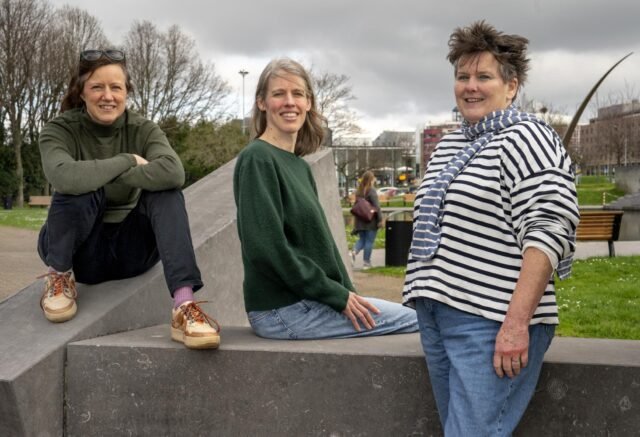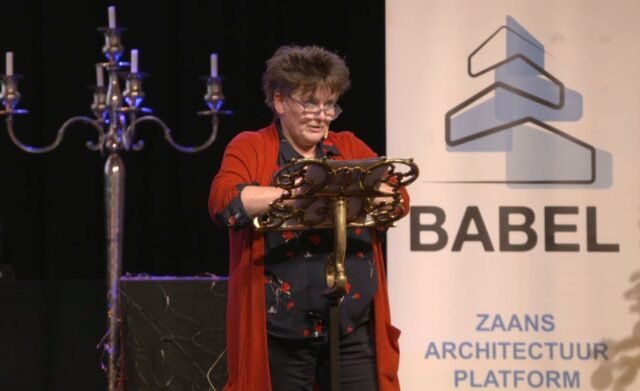NWO 2004-2008
Insurance arrangements are very important in the construction of social order in many Western countries, all the more so since the transformation of welfare states into ‘insurance states’. Insurance systems embody the different balances between collective and individual responsibility and conceptions of solidarity in divergent societies.
Since the 1990s, the impact of genetic technologies on insurance has been both the subject of international and national debates, and the object of legislation. Until recently, such debates have focused on private insurance systems. Concerns have been raised about genetic discrimination; that is, whether the use of information about genetic risks will limit people’s access to private life or health insurance. Further, questions arise as to the privacy and integrity of the body in medical selection procedures by insurance companies. Recently, genetic technology has also been debated with respect to public health insurance systems. In this context, debates revolve less around access to insurance and more around the definition of the insured good, the distinction between serious and less serious risks (e.g. genetic versus lifestyle risks), and the boundary between collective and individual responsibility.
The rise of predictive genetic testing and preventive therapies has put the question of the ‘necessity’ of these types of medical care high on the public health insurance agenda. Now that many genetic tests for chronic multifactorial diseases have been developed, the question arises as to which tests and which preventive measures will form part of the insurance package, and under what conditions. However, debates as to whether genetic screening should be offered to the entire population to prevent differences in access to healthcare demonstrate that access is an issue for public insurance as well. Against this background, we compared the co-construction of genetic technologies and public and private insurance arrangements in the Netherlands, Germany and the United Kingdom.
Research team: Klasien Horstman, Ine van Hoyweghen (post doc), Erik Aarden (PhD)









